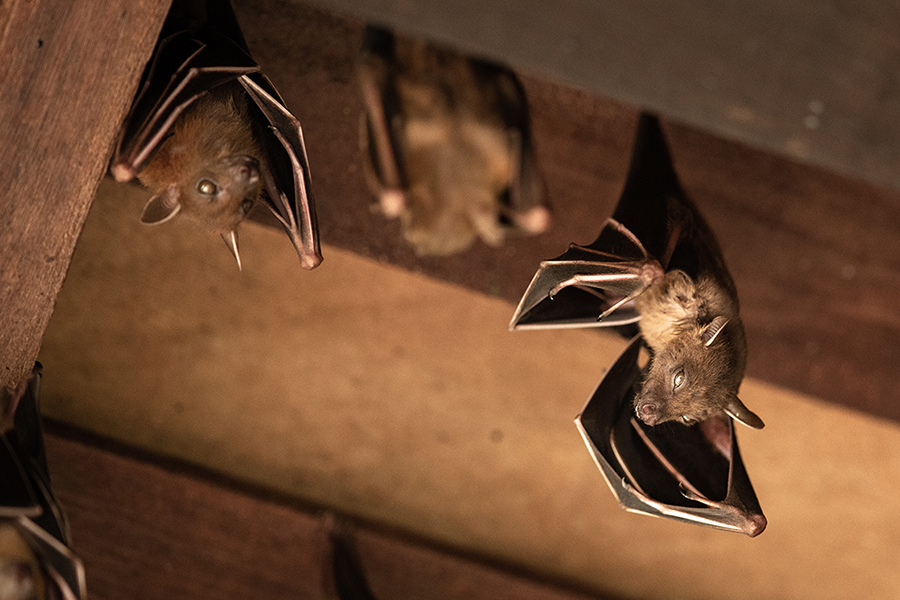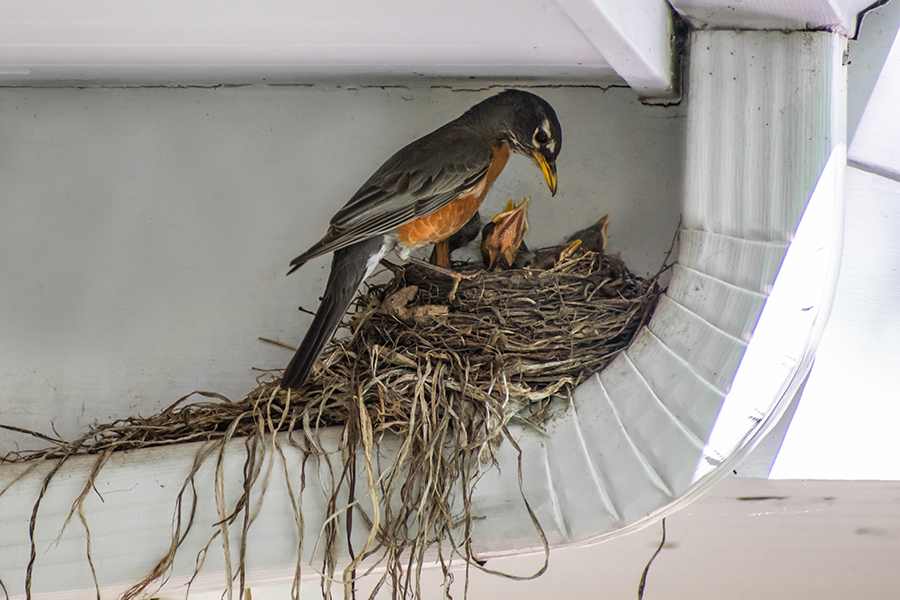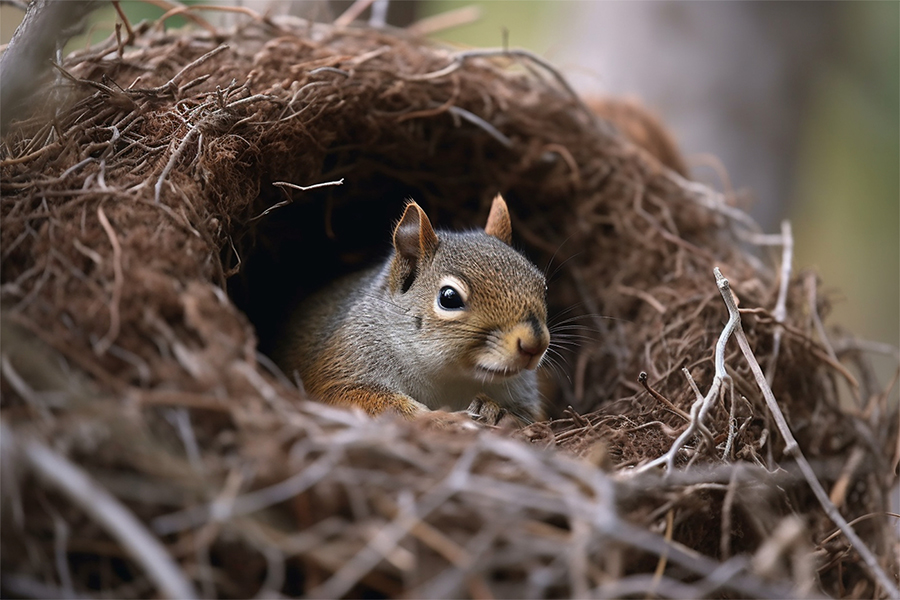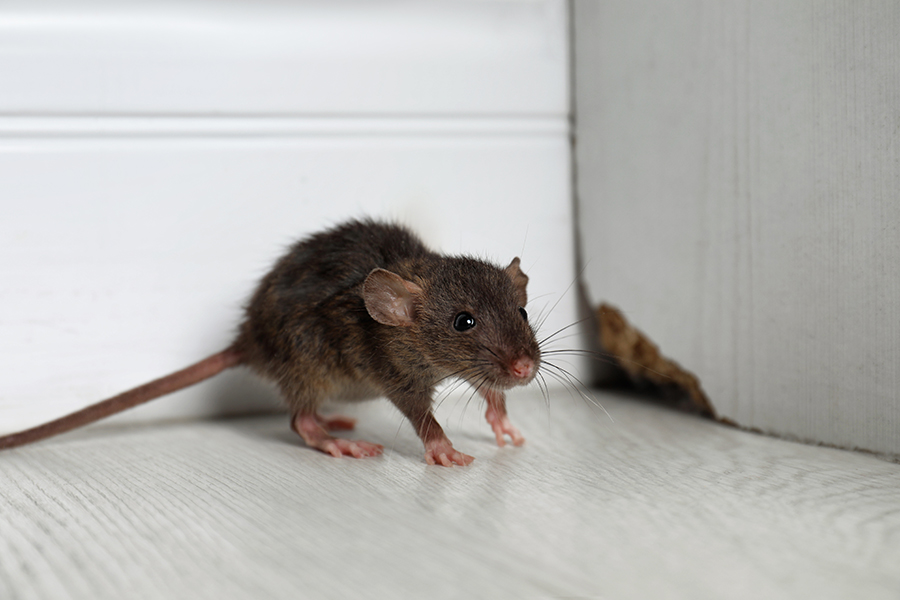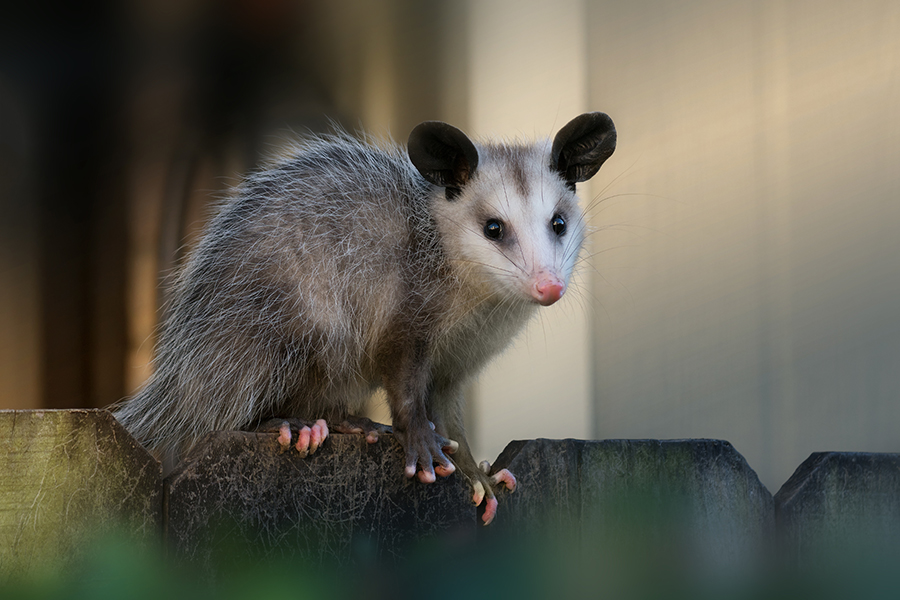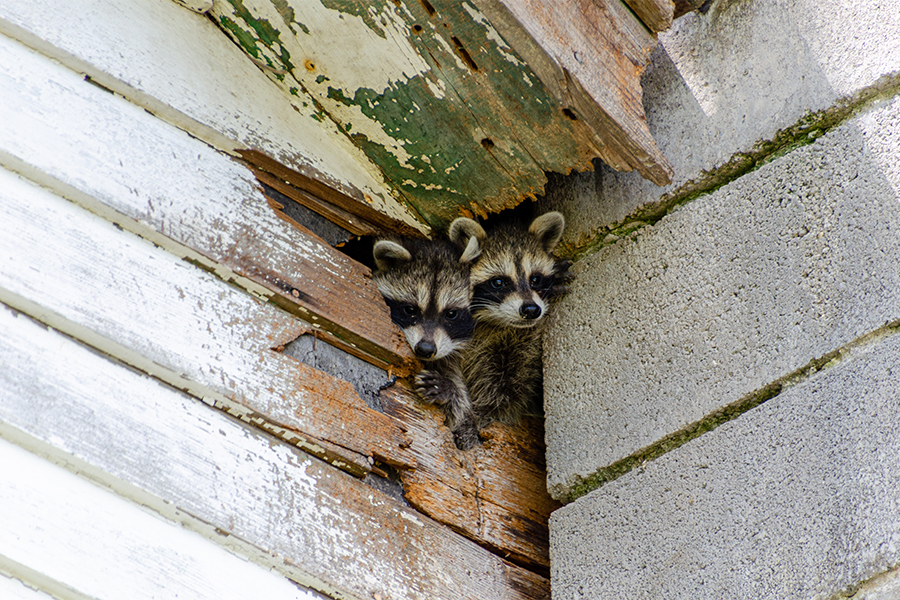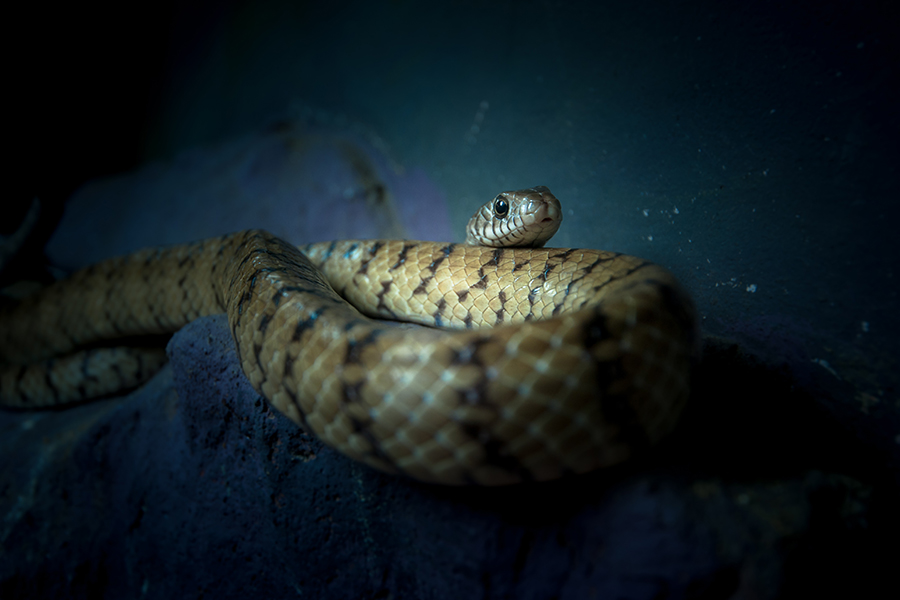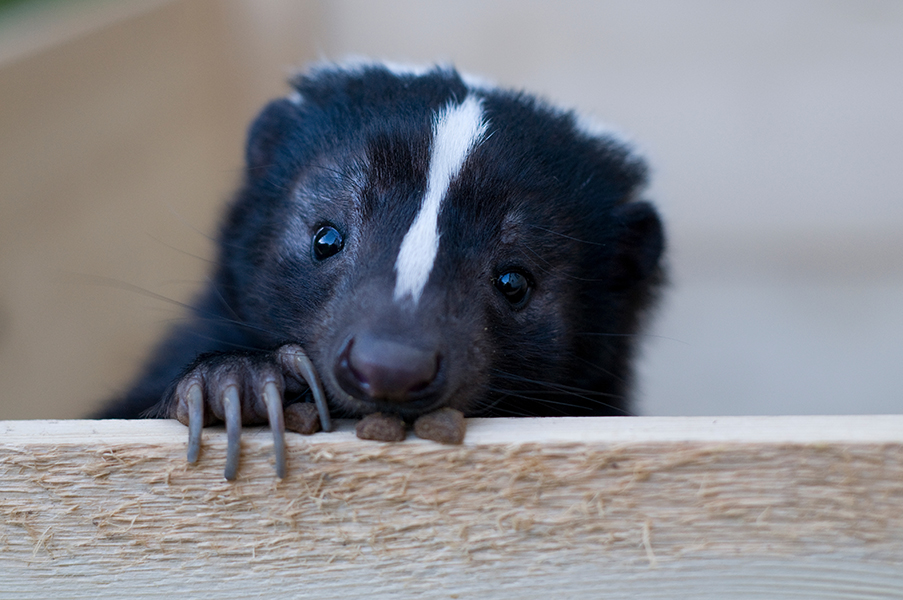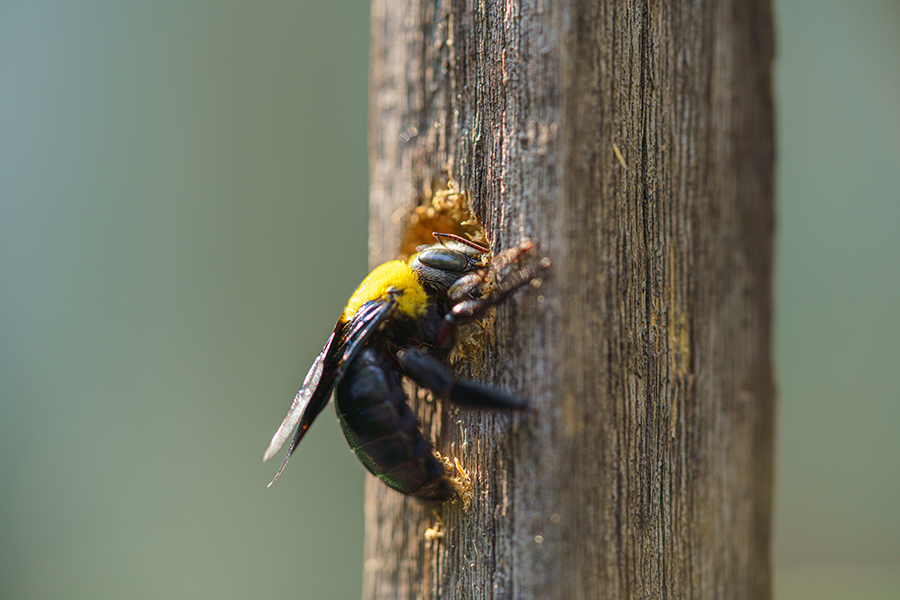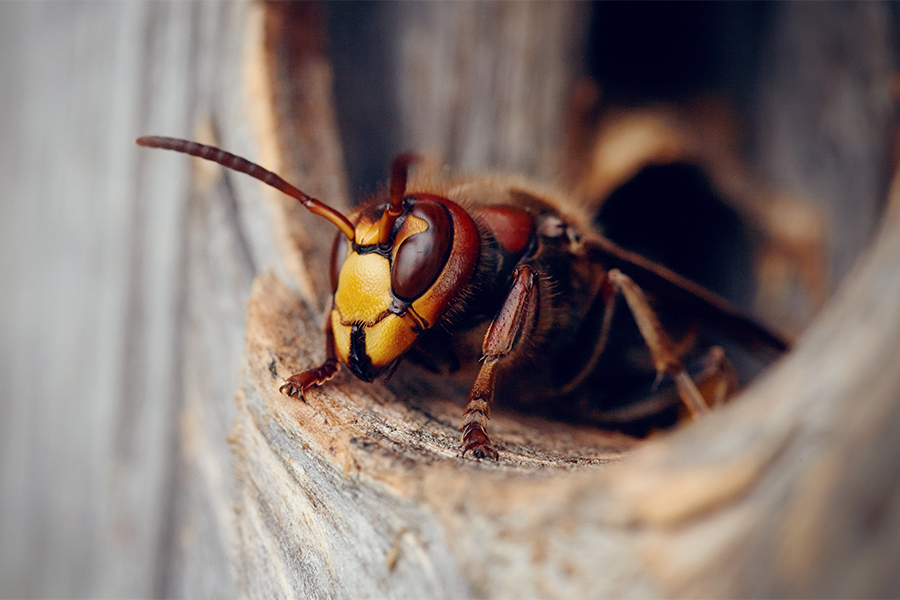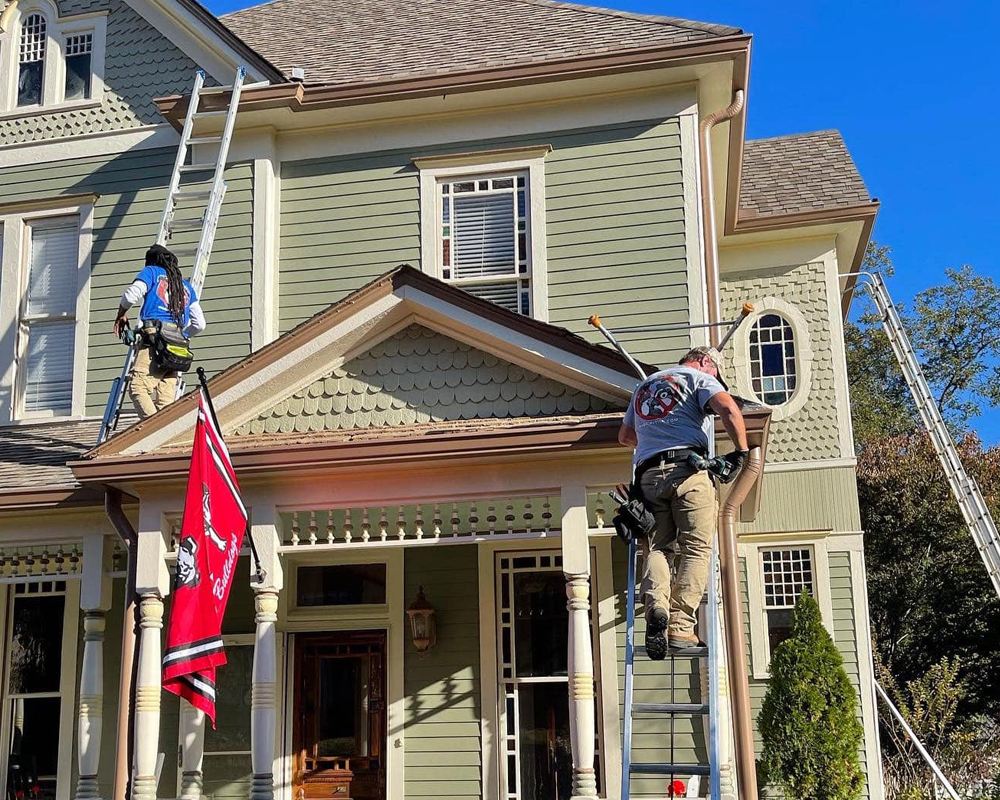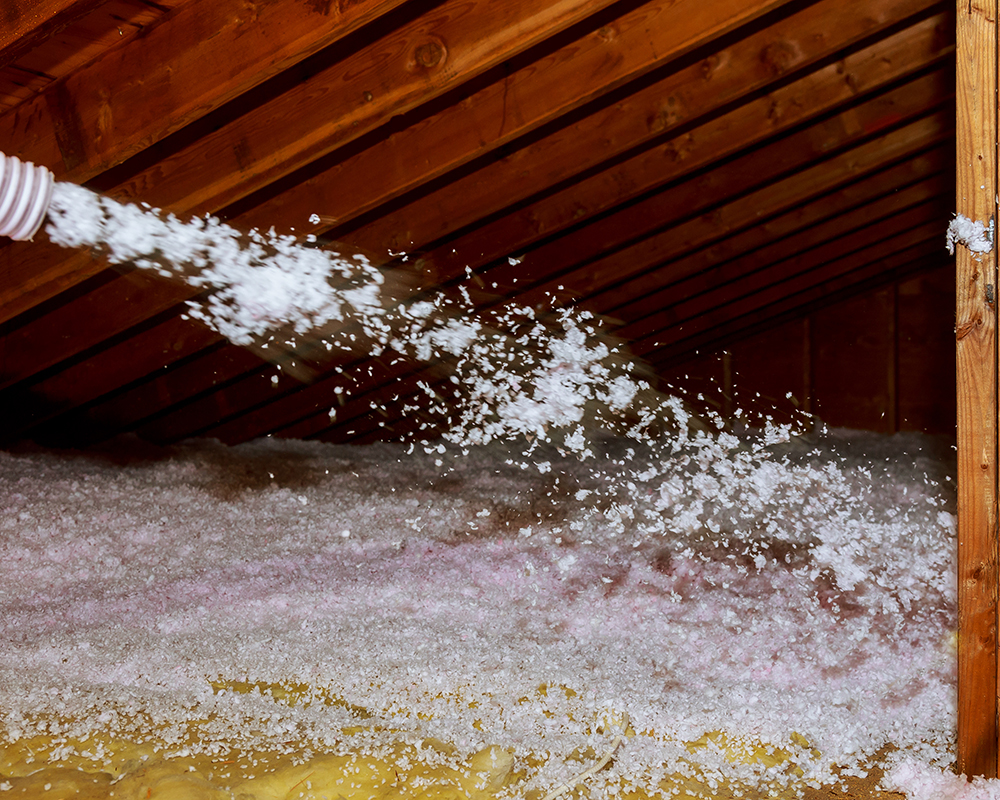
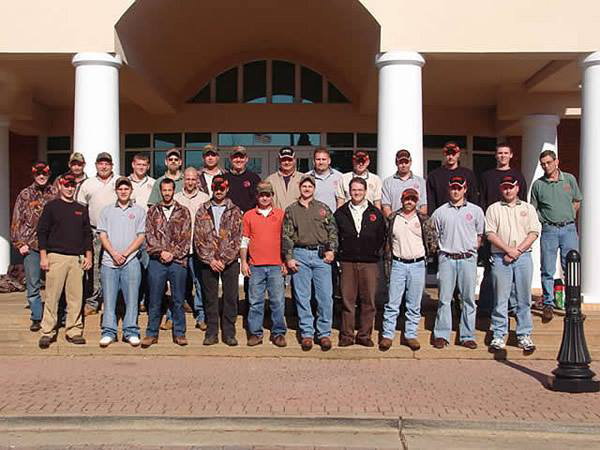
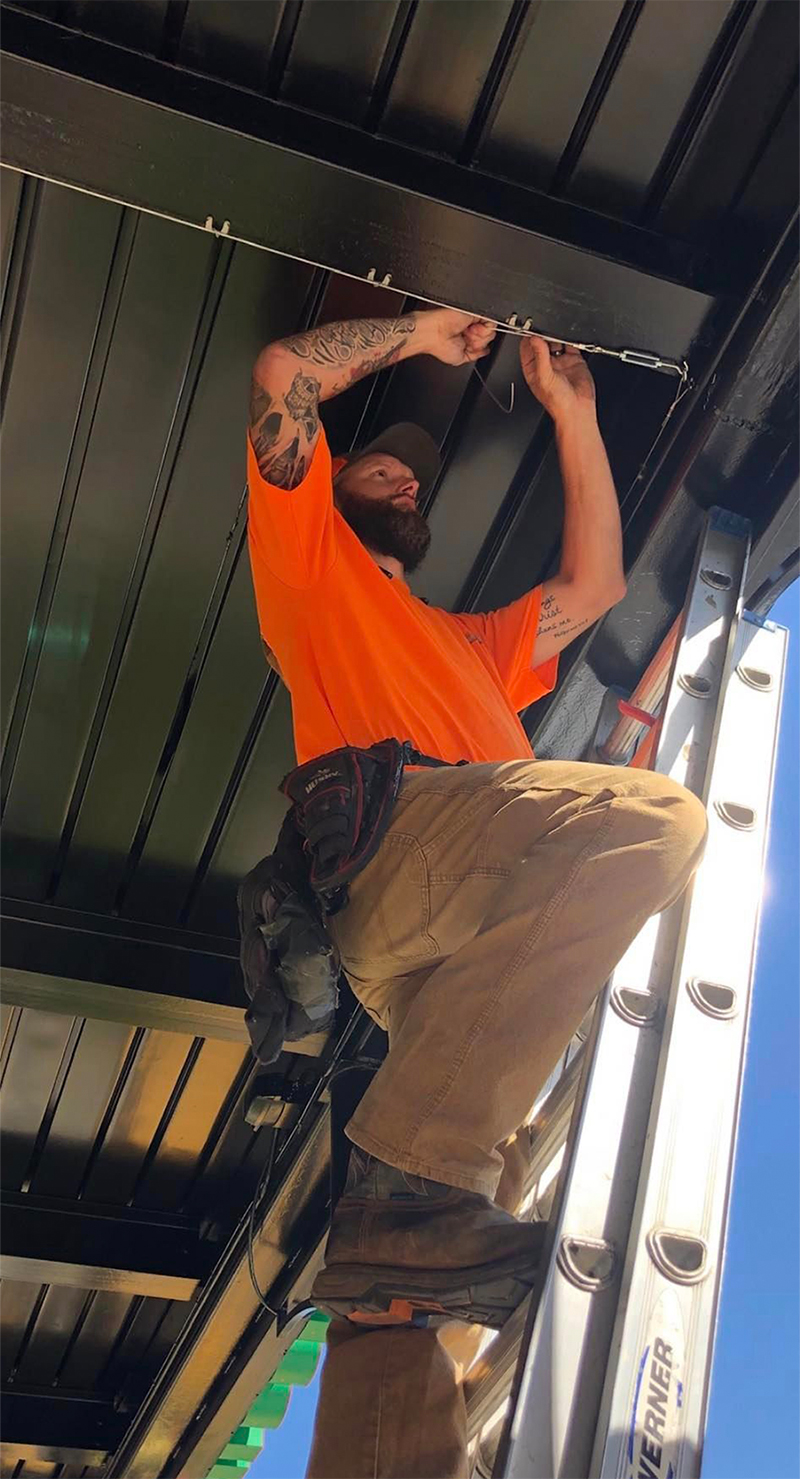
Why Choose us
Why Choose Rid-A-Critter?
At Rid-A-Critter, we specialize in providing comprehensive wildlife control services in Georgia & Alabama and Birmingham, AL, with a particular emphasis on expert animal damage repairs. Our team combines local wildlife expertise with humane animal removal methods, ensuring effective resolution of your animal control needs. What sets us apart is our specialized focus on repairing the damage caused during the animal removal process. We understand that the aftermath of wildlife intrusion goes beyond just removal – it’s about restoring your property to its pre-invasion condition. Our commitment to quality repairs, coupled with our dedication to customer satisfaction and eco-friendly practices, makes Rid-A-Critter the ideal choice for those seeking a complete, responsible solution to wildlife challenges.
WHAT WE OFFER
HUMANE WILDLIFE CONTROL
Rid-A-Critter was founded in 2001 to bring a fresh, environmentally enlightened, and scientific approach to nuisance animal control and wildlife management.
why choose us
PROFESSIONAL ANIMAL DAMAGE REPAIR SERVICES
Restore your property to perfection with Rid-A-Critter’s animal damage repair services, where skilled craftsmanship combines with thorough restoration knowledge, turning animal disruptions into distant memories with seamless, lasting repairs.
WHAT TO EXPECT
WHEN YOU CHOOSE rid-a-critter
Reliability
Customers need to trust that the company will respond promptly, especially since many animal control situations can be urgent. They want assurance that the team will arrive as scheduled and resolve the issue effectively.
Expertise
Dealing with wild animals and insects requires specific skills and knowledge, including understanding animal behavior, safe removal techniques, and appropriate measures for preventing future issues. Customers seek professionals who are knowledgeable and experienced in these areas.
Humane Practices
Many customers are concerned about the welfare of the animals involved, even if they are unwanted guests. They prefer companies that employ humane removal and control methods, ensuring no unnecessary harm comes to the creatures.
Comprehensive Services
From the initial inspection to the final repairs, customers appreciate a company capable of handling all aspects of the issue. This includes not only removing the animals but also repairing any damage caused and implementing measures to prevent re-infestation or recurrence.

